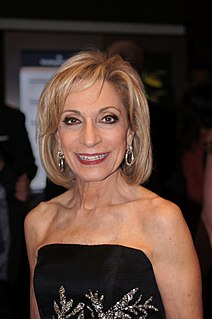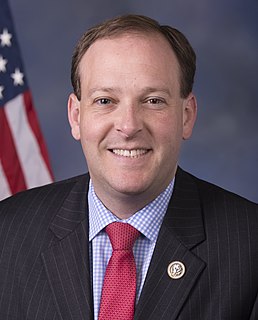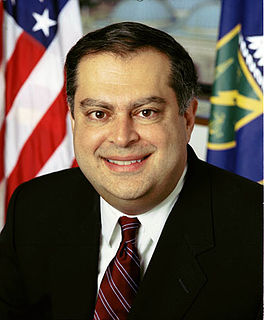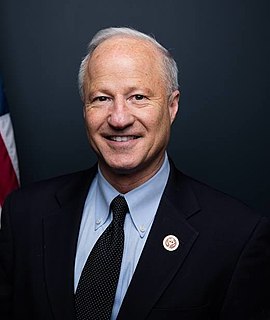A Quote by Steve Hanke
When I was operating as one of President Reagan's economic advisers, an early assignment was to analyze the federal government's landholdings and make recommendations about what to do with them. This was a big job. These lands are vast, covering an area six times that of France.
Related Quotes
I think I see a tremendous amount of waste. I see a tremendous amount of job opportunities that have been let go for many years, and I'm not just talking about President Obama. I'm talking about for many, many years. And I was a big, big fan of Ronald Reagan, but I was a never big fan on trade with respect to Ronald Reagan.
The federal government neither has the power to site transmission lines, nor do we build them. That's done, as people know, in their own communities. The siting decisions and the permitting is done at the local level, or by state governments if it's interstate in nature. And federal government - this is one area we have no authority.
Since 1981, when President Ronald Reagan took office promising to scale back the federal government, Republican leaders have promised to cut regulation and taxes, and to return power to individuals to arrange their lives as they see fit. But they have never entirely managed to eradicate the New Deal government.
In France, President Francois Hollande is leveraging the next wave of the Internet to jumpstart economic reforms and create jobs for hundreds of thousands of citizens. A historically socialist government, France has had the courage to quickly implement unique partnerships with the business community to drive entrepreneurial spirit and thinking.



































